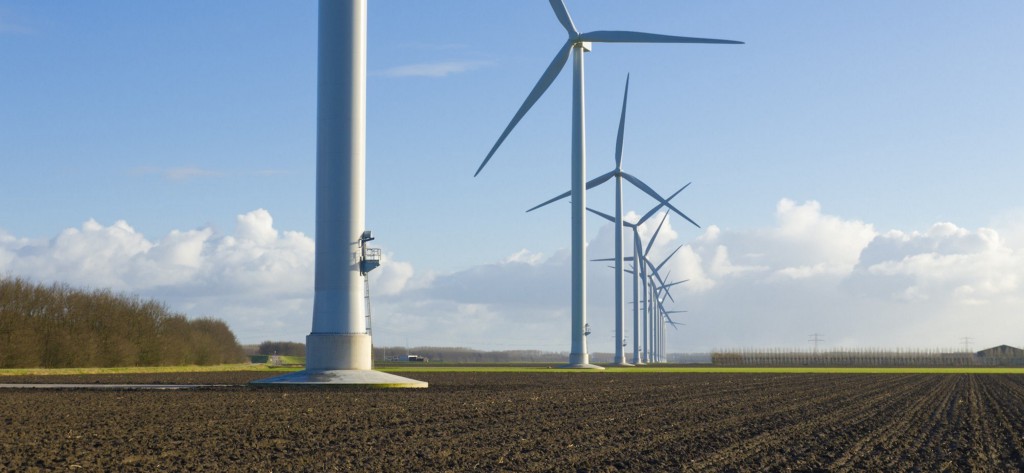The pace of the U.K.’s transition to a low-carbon economy may be at stake in the general election this week. The low-carbon economy could contribute 13% of the U.K. GDP by 2050 — up from just 2% today. “Stable policies to grow the UK’s low-carbon market will be essential to turn this potential into reality and ensure our economy remains competitive on the global stage,” states a letterfrom Aldersgate Group, a green business association, that was also signed by Aviva, Siemens, and Kingfisher, the housewares retailer.
Prime Minister May’s government has so far remained firm in its its international climate change commitments. But in the first round of Brexit talks with Europe, the government pressed the European Commission to water down its 2030 energy-efficiency targets. At home, opposition parties have raised concerns about the U.K.’s Climate Change Act, which outlines domestic emissions targets.
Aldersgate Group is aiming to reframe the debate low-carbon initiatives as economic opportunities. The letter cites 432,000 existing low-carbon jobs and £77 billion ($100 billion) in revenues in 2015. And with the U.K. pondering its international trade prospects post-Brexit, Aldersgate Group cites a $23 trillion global opportunity partnering with emerging economies like China, India and Mexico on low-carbon technologies. “We therefore call on the new government to put in place ambitious and long-term policies to tackle climate change,” the letter says, “and improve the state of the environment at the heart of its industrial strategy and vision for the U.K.”











